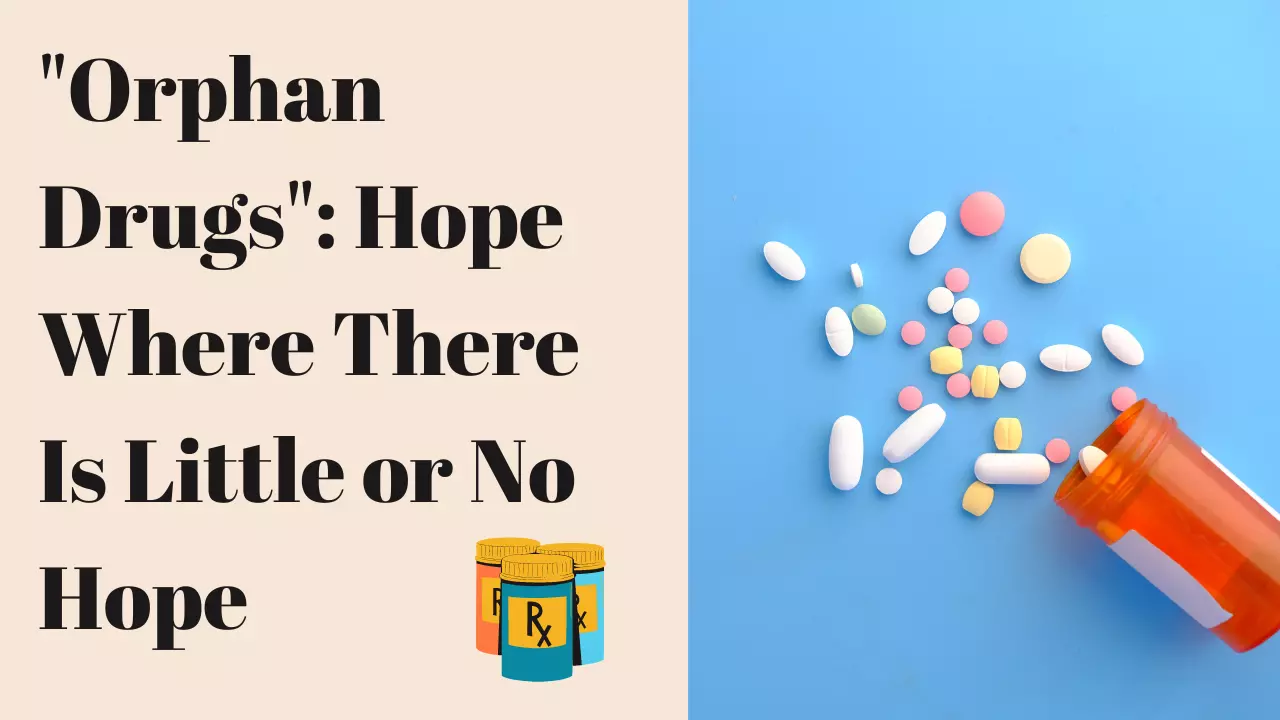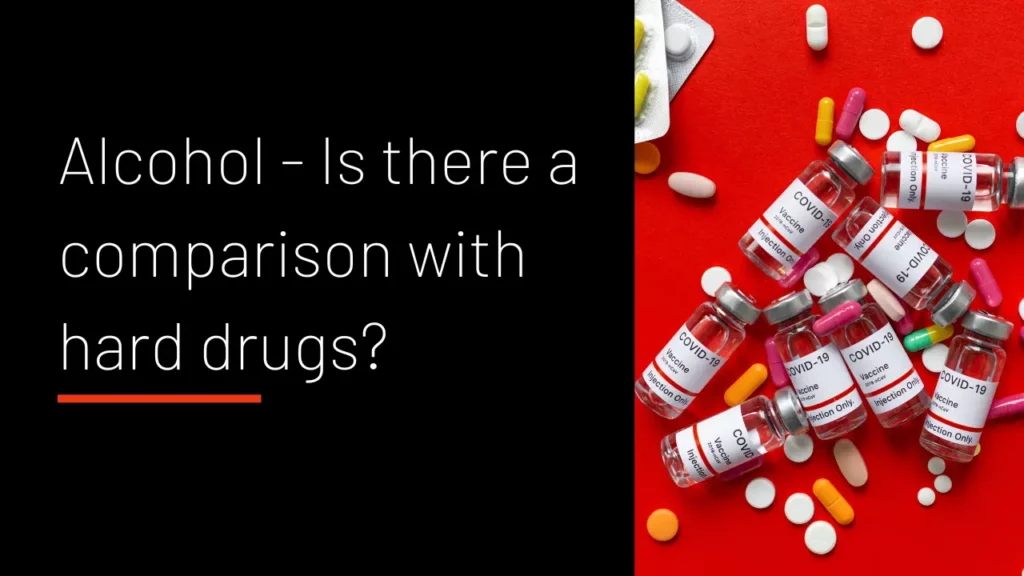
Orphan Drugs have emerged as a beacon of hope for individuals battling rare and often life-threatening diseases. These drugs, developed for conditions affecting a small percentage of the population, play a crucial role in addressing the unmet medical needs of those with rare disorders. In this article, we will delve into the significance of Orphan Drugs and how they bring hope to patients facing seemingly insurmountable challenges.
Understanding Rare Diseases
Rare diseases, by definition, affect a small portion of the population. These conditions, often genetic, pose unique challenges due to limited research and available treatment options. Orphan Drugs target these rare diseases, providing a glimmer of hope to individuals who might otherwise face a bleak prognosis.
Unmet Medical Needs
Bridging the Gap
The development of Orphan Drugs bridges the gap in addressing unmet medical needs for those grappling with rare diseases. Traditional pharmaceutical research tends to focus on more prevalent conditions, leaving rare diseases in the shadows. Orphan Drugs shine a light on these neglected medical areas, offering hope where there was little to none.
Tailored Solutions
One of the key advantages of Orphan Drugs is their tailored approach. Rather than adopting a one-size-fits-all strategy, these drugs are designed with precision to target the specific genetic or molecular abnormalities associated with rare diseases. This tailored approach enhances efficacy and minimizes adverse effects, providing a more personalized solution for patients.
Regulatory Incentives for Orphan Drug Development
Orphan Drug Designation
Governments around the world have recognized the need to incentivize the development of drugs for rare diseases. The Orphan Drug Designation is a regulatory framework that encourages pharmaceutical companies to invest in research and development for these neglected conditions. This designation comes with various benefits, including tax credits, extended market exclusivity, and research grants.
Faster Approval Processes
Recognizing the urgency in addressing rare diseases, regulatory agencies often expedite the approval processes for Orphan Drugs. This acceleration ensures that promising treatments reach patients faster, offering a ray of hope amidst their health struggles.
Financial Challenges in Orphan Drug Development
Limited Market Size
One of the challenges faced by pharmaceutical companies in developing Orphan Drugs is the limited market size. The smaller patient population translates to reduced potential revenue, making it financially less attractive for companies to invest in research and development. However, regulatory incentives help counterbalance these financial challenges.
High Development Costs
The development of any pharmaceutical product involves significant financial investments, and Orphan Drugs are no exception. The high costs associated with clinical trials, research, and manufacturing can deter companies from pursuing treatments for rare diseases. Regulatory incentives play a crucial role in mitigating these financial hurdles.
Success Stories: Realizing Hope
Impactful Examples
Several success stories underscore the significance of Orphan Drugs in transforming lives. For instance, the drug Imatinib, developed for the treatment of Chronic Myeloid Leukemia, has not only extended the lifespan of patients but has also significantly improved their quality of life. These success stories serve as beacons of hope for both patients and researchers alike.
Patient Advocacy
The role of patient advocacy cannot be overstated in the success of Orphan Drugs. Advocacy groups play a vital role in raising awareness, securing funding, and influencing policies that support the development of treatments for rare diseases. Patient involvement is a driving force in ensuring that the needs of those with rare diseases are not overlooked.
Ethical Considerations
Balancing Act
While the development of Orphan Drugs brings hope, ethical considerations come into play. Balancing the need for profits with the moral imperative to help those in desperate situations requires careful navigation. Striking a balance ensures that the development of these drugs remains sustainable and ethical.
Accessibility and Affordability
Ensuring the accessibility and affordability of Orphan Drugs is crucial for their success. Governments, pharmaceutical companies, and advocacy groups must collaborate to make these treatments available to those who need them, regardless of their financial means.
Future Prospects
Advancements in Technology
Advancements in technology, including genomics and precision medicine, hold promise for the future of Orphan Drugs. These innovations enable a deeper understanding of rare diseases at the molecular level, paving the way for more targeted and effective treatments.
Collaborative Research
The future success of Orphan Drugs lies in collaborative research efforts. By fostering partnerships between pharmaceutical companies, research institutions, and patient advocacy groups, the collective expertise can be harnessed to accelerate the development of treatments for rare diseases.
Resources Supporting Orphan Drug Development and Accessibility
Regulatory Support:
Research and Collaboration:
Funding and Grants:
Patient Advocacy:
Information and Awareness:
- Orphanet – The Portal for Rare Diseases and Orphan Drugs
- Orphan Drug Act Information from National Organization for Rare Disorders (NORD)
These platforms play a crucial role in supporting the development, research, funding, and advocacy for Orphan Drugs, contributing to the overall improvement in the landscape of rare disease treatments.
FAQ
1. What defines a rare disease?
Rare diseases are often defined by their prevalence in the population, typically affecting a small percentage of people. In the United States, a disease is considered rare if it affects fewer than 200,000 individuals.
2. How do Orphan Drugs differ from traditional medications?
Orphan Drugs are specifically developed for rare diseases, whereas traditional medications often target more common health conditions. Orphan Drugs are designed to address the unique challenges presented by rare diseases.
3. What regulatory incentives exist for Orphan Drug development?
The Orphan Drug Designation provides regulatory incentives such as tax credits, extended market exclusivity, and research grants to encourage pharmaceutical companies to invest in developing treatments for rare diseases.
4. How can patient advocacy groups contribute to Orphan Drug development?
Patient advocacy groups play a crucial role in raising awareness, securing funding, and influencing policies that support the development of treatments for rare diseases. Their involvement ensures that the patient’s perspective is considered throughout the drug development process.
5. Are there online resources for tracking Orphan Drug designations?
Yes, both the FDA (Food and Drug Administration) and EMA (European Medicines Agency) provide online databases where you can track Orphan Drug designations and approvals.
6. How can advancements in technology impact the future of Orphan Drugs?
Advancements in technology, such as genomics and precision medicine, enable a more profound understanding of rare diseases at the molecular level. This understanding can lead to the development of more targeted and effective treatments.
7. What challenges do pharmaceutical companies face in developing Orphan Drugs?
Pharmaceutical companies face challenges such as limited market size and high development costs when developing Orphan Drugs. Regulatory incentives, however, help offset these challenges and encourage investment in research and development for rare diseases.
In conclusion, Orphan Drugs represent a beacon of hope for individuals facing the challenges of rare diseases. Through targeted research, regulatory incentives, and ethical considerations, these drugs offer a lifeline to those who might otherwise be left without effective treatment options. As technology advances and collaborative efforts persist, the future holds promise for further breakthroughs in the field of Orphan Drugs, bringing hope where there is little or no hope.



